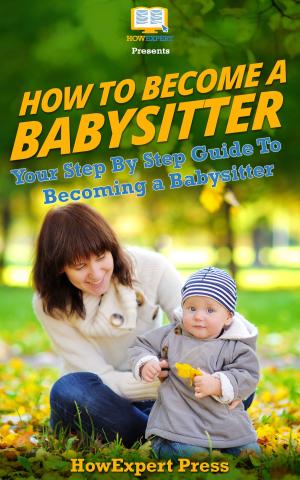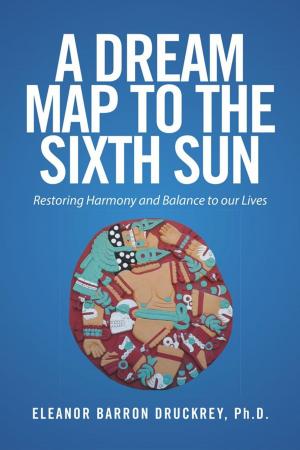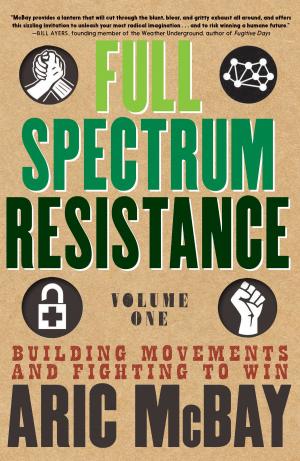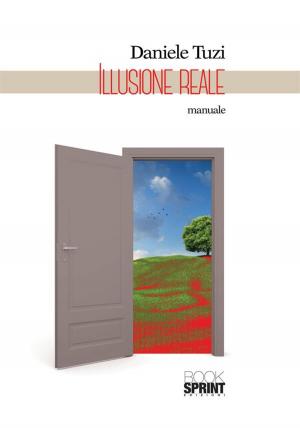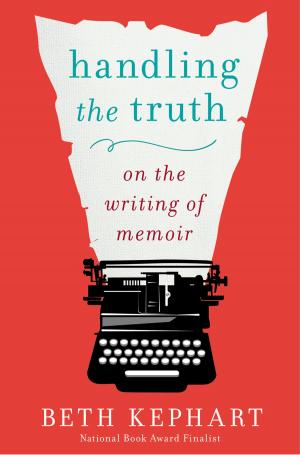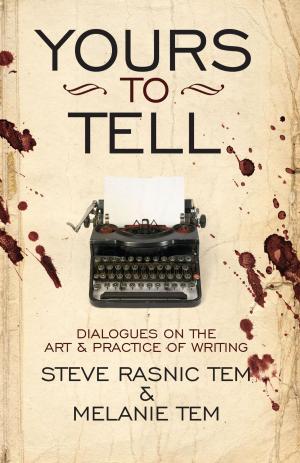When It's Time To Call The Funeral Director
Nonfiction, Reference & Language, Reference, Guides & Handbooks| Author: | Garth Wright | ISBN: | 9781476342733 |
| Publisher: | Garth Wright | Publication: | August 31, 2012 |
| Imprint: | Smashwords Edition | Language: | English |
| Author: | Garth Wright |
| ISBN: | 9781476342733 |
| Publisher: | Garth Wright |
| Publication: | August 31, 2012 |
| Imprint: | Smashwords Edition |
| Language: | English |
As human beings, we are one of the creatures on this earth who mourn the loss of our own. I meet people so obviously shocked when someone they love has died. This sometimes shows in the person being mentally unclear, emotionally numb, and quite vulnerable at our meeting. This may make them very open to suggestion regarding the funeral process of their loved one, and possibly unable to make clear, assertive decisions.
“What do people normally do?” is a common question that I am asked. By this question I understand the need to channel the funeral process in a way that is culturally and socially seen as appropriate and “normal”.
Not so long ago, when we humans lived in small village type communities in many parts of the world, if someone in a family died, it used to be normal for family members to be very involved. A special room in the house would be used for the person to be laid out in. They would stay in this room, at home, surrounded by family and visited by friends in the days before their funeral service. The ‘elders’ in the family would make all of the funeral arrangements, and coordinate the actual funeral day with the local clergy or spiritual leader.
Nowadays, we have a more modern funeral home. There is the obvious convenience for the modern family in this ‘out of the private home and into the funeral home’ arrangement, but there is also a loss to the family. It is too easy to allow the modern funeral home, with all of its ‘professional services’, to override a family’s personal need to stay connected to their loved one, and to be involved in their funeral process, if they wish to be.
As to what is normal, ask rather “what feels right for you?” We are not emotional clones. We are each unique. We perceive life through our own eyes, with our own beliefs and values. The way we experience the loss of someone dear to us is very personal, and needs to be recognized and accommodated for. I believe that personalised grieving is essential at this time.
It is in this area particularly that I feel the people affected most by someone’s death are often unaware of the ways that they can stay involved with and be connected to their loved one right up to the day of their funeral.
Some funeral directors prefer to keep the funeral process as simple as possible for the family. It is often the case that unless the family know about certain options that are available and specifically ask for them, they may not take place. The days before the funeral itself may be full of missed opportunities that could have helped close family and friends to personalize their grief, and to pay tribute in an appropriate and meaningful way.
Don’t allow yourself to be kept out of the funeral process of someone you love because of the specialized nature and disjointedness of our modern societies. Just because a funeral home has taken your loved one into their care, does not mean that you cannot be actively involved with them in the days leading up to their funeral.
This book is written to show you how you can work with your funeral home, with your funeral director, to bring back some close and personal elements to the funeral of someone you love, that used to be ‘normal’ in days gone by. My hope is that these pages will share information with you that will make you feel prepared, and give you a sense of focus and personal power in the midst of your sadness, your loss.
I am writing from the perspective of an urban New Zealand funeral director. Some laws and procedures will be different if you live in another part of the world, but I hope that there will still be some things that will help you, that you can grab hold of and use no matter where you are. We are all human after all.
As human beings, we are one of the creatures on this earth who mourn the loss of our own. I meet people so obviously shocked when someone they love has died. This sometimes shows in the person being mentally unclear, emotionally numb, and quite vulnerable at our meeting. This may make them very open to suggestion regarding the funeral process of their loved one, and possibly unable to make clear, assertive decisions.
“What do people normally do?” is a common question that I am asked. By this question I understand the need to channel the funeral process in a way that is culturally and socially seen as appropriate and “normal”.
Not so long ago, when we humans lived in small village type communities in many parts of the world, if someone in a family died, it used to be normal for family members to be very involved. A special room in the house would be used for the person to be laid out in. They would stay in this room, at home, surrounded by family and visited by friends in the days before their funeral service. The ‘elders’ in the family would make all of the funeral arrangements, and coordinate the actual funeral day with the local clergy or spiritual leader.
Nowadays, we have a more modern funeral home. There is the obvious convenience for the modern family in this ‘out of the private home and into the funeral home’ arrangement, but there is also a loss to the family. It is too easy to allow the modern funeral home, with all of its ‘professional services’, to override a family’s personal need to stay connected to their loved one, and to be involved in their funeral process, if they wish to be.
As to what is normal, ask rather “what feels right for you?” We are not emotional clones. We are each unique. We perceive life through our own eyes, with our own beliefs and values. The way we experience the loss of someone dear to us is very personal, and needs to be recognized and accommodated for. I believe that personalised grieving is essential at this time.
It is in this area particularly that I feel the people affected most by someone’s death are often unaware of the ways that they can stay involved with and be connected to their loved one right up to the day of their funeral.
Some funeral directors prefer to keep the funeral process as simple as possible for the family. It is often the case that unless the family know about certain options that are available and specifically ask for them, they may not take place. The days before the funeral itself may be full of missed opportunities that could have helped close family and friends to personalize their grief, and to pay tribute in an appropriate and meaningful way.
Don’t allow yourself to be kept out of the funeral process of someone you love because of the specialized nature and disjointedness of our modern societies. Just because a funeral home has taken your loved one into their care, does not mean that you cannot be actively involved with them in the days leading up to their funeral.
This book is written to show you how you can work with your funeral home, with your funeral director, to bring back some close and personal elements to the funeral of someone you love, that used to be ‘normal’ in days gone by. My hope is that these pages will share information with you that will make you feel prepared, and give you a sense of focus and personal power in the midst of your sadness, your loss.
I am writing from the perspective of an urban New Zealand funeral director. Some laws and procedures will be different if you live in another part of the world, but I hope that there will still be some things that will help you, that you can grab hold of and use no matter where you are. We are all human after all.

